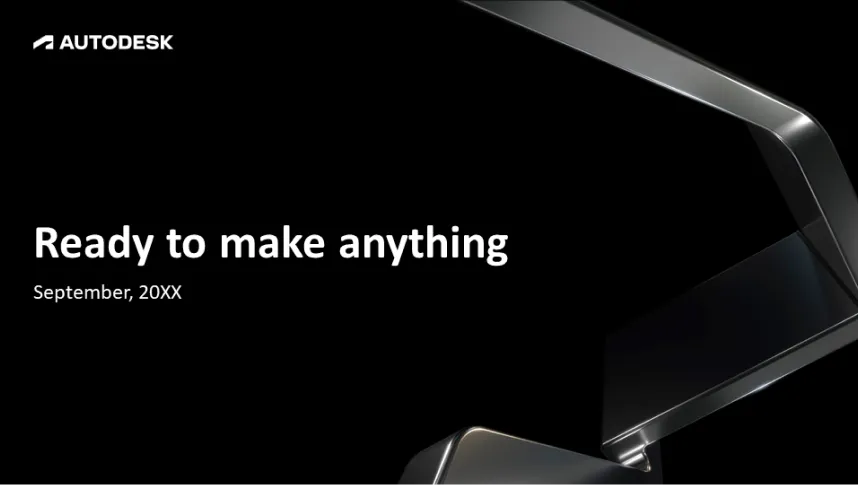There are several legendary startup pitch decks that have been used by successful companies to secure funding and launch their operations. Here are 30 examples:
- Facebook: Facebook’s initial pitch deck was simple and straight to the point. It highlighted the platform’s potential for growth and the value of its user base.
- LinkedIn: LinkedIn’s pitch deck focused on the professional networking market, emphasizing how its platform could disrupt traditional business networking.
- YouTube: YouTube’s pitch deck demonstrated the potential of online video sharing, highlighting its ease of use and potential for viral content.
- Uber: Uber’s pitch deck presented a vision for revolutionizing urban transportation, focusing on the pain points of traditional taxi services.
- Airbnb: Airbnb’s pitch deck emphasized the potential for growth in the peer-to-peer accommodation market, highlighting the benefits for both hosts and guests.
- Twitter: Twitter’s pitch deck focused on the potential for real-time information sharing, highlighting the platform’s simplicity and potential for viral growth.
- Snapchat: Snapchat’s pitch deck presented a vision for ephemeral messaging, emphasizing the platform’s potential for engaging younger audiences.
- Buffer: Buffer’s pitch deck highlighted the value of its social media scheduling tool, focusing on the pain points of managing multiple social media accounts.
- Dropbox: Dropbox’s pitch deck emphasized the potential for cloud storage, highlighting the benefits of accessibility and security.
- Tinder: Tinder’s pitch deck focused on the potential for disruption in the online dating market, emphasizing the simplicity and fun of its swipe-based matching system.
- Instagram: Instagram’s pitch deck highlighted the potential for photo sharing and editing on mobile devices, emphasizing the platform’s simplicity and potential for viral growth.
- Spotify: Spotify’s pitch deck presented a vision for streaming music, focusing on the benefits for both listeners and artists.
- Slack: Slack’s pitch deck emphasized the potential for improving workplace communication, highlighting the platform’s features and benefits.
- WeWork: WeWork’s pitch deck focused on the potential for disrupting the traditional office space market, emphasizing the benefits of coworking spaces and community.
- Netflix: Netflix’s pitch deck highlighted the potential for streaming video on demand, focusing on the benefits of accessibility and personalization.
- Amazon: Amazon’s pitch deck presented a vision for online retail, emphasizing the benefits of convenience and selection.
- Google: Google’s pitch deck emphasized the potential for improving internet search, highlighting the benefits of relevance and speed.
- Mint: Mint’s pitch deck focused on the potential for online personal finance management, emphasizing the benefits of simplicity and security.
- Square: Square’s pitch deck highlighted the potential for mobile payment processing, focusing on the benefits of convenience and security.
- Pinterest: Pinterest’s pitch deck presented a vision for online idea discovery, emphasizing the platform’s potential for inspiration and personalization.
- Yelp: Yelp’s pitch deck emphasized the potential for local business reviews, highlighting the benefits of community and trust.
- Zynga: Zynga’s pitch deck focused on the potential for social gaming, emphasizing the platform’s potential for engagement and viral growth.
- Kickstarter: Kickstarter’s pitch deck highlighted the potential for crowdfunding creative projects, focusing on the benefits for both creators and backers.
- Foursquare: Foursquare’s pitch deck presented a vision for location-based social networking, emphasizing the platform’s potential for discovery and community.
- Canva: Canva’s pitch deck emphasized the potential for online graphic design, highlighting the benefits of simplicity and accessibility.
- Evernote: Evernote’s pitch deck focused on the potential for digital note-taking, emphasizing the benefits of organization and accessibility.
- Moz: Moz’s pitch deck highlighted the potential for SEO tools, focusing on the benefits of visibility and optimization.
- Shopify: Shopify’s pitch deck presented a vision for e-commerce platforms, emphasizing the benefits of simplicity and scalability.
- HubSpot: HubSpot’s pitch deck emphasized the potential for inbound marketing, highlighting the benefits of engagement and conversion.
- Mailchimp: Mailchimp’s pitch deck focused on the potential for email marketing, emphasizing the benefits of personalization and analytics.
Each of these pitch decks effectively communicated the company’s vision and value proposition, helping them secure the funding they needed to grow and succeed.









